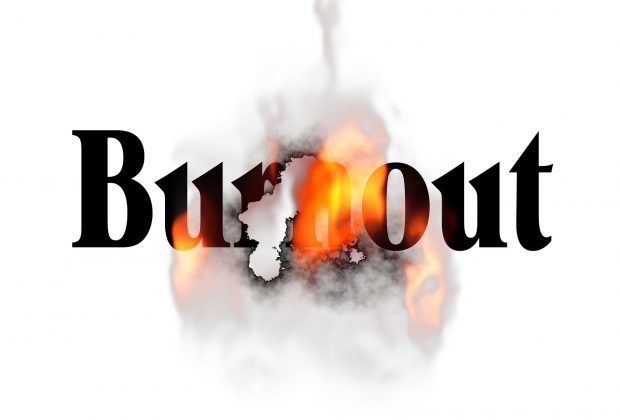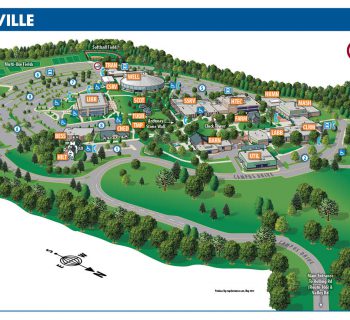By Brittany Donnor
Sheila Donnor worked decades in the nursing field, as a caregiver to LPN and finally obtained her degree as a registered nurse. There’s been plenty of days when she would come home from a long day of work feeling weary because of the stress she dealt with on the daily while on the job. She spent years working double shifts and being a floor nurse. She even had her fair share of being a manager on a critical care unit; her years of experience have given her the best insight on the reality of being a nurse and the pros/cons of the job. Her responsibilities ranged from supervising staff, making quick decisions that impacted lives, coordinating meetings, and more tasks that would take a toll on any nurse after a while. Sheila’s story is very common among others who work in the health field.
The field of nursing is rewarding and fulfilling, there’s much to learn and endless opportunities. It’s not a shocker when you ask the average college student their major and their response is nursing or any other health-related career. There are so many young and ambitious adults that are currently making their way into the field of nursing, expecting to save people lives and to be someone’s hero. But what if these same young adults are unaware that they are walking right into a field of mental and physical exhaustion? With the help of social media such as YouTube, there has been a community of nurses that provide informative videos that speaks on the reality of being nurse. There has been a preexisting crisis at fault for this increasing problem called the ‘Nurse Burnout’; this crisis is predicted to affect the health care industry in many ways than anyone can imagine if there’s no effort to tackle the leading factors behind it.
The role of a nurse is very important, whether it may be hospitals, clinics, private practices, or even military service. The heavy 
workload that they are responsible for is causing a feeling of burnout for thousands of nurses nationwide; burnout is defined as when a person can no longer manage the effects of stress leading to disengagement (Rasmussen, 2018). A recent article published on EBSCOhost by Shanon Brown mentions an increase in nursing shortage with an estimate of 260,000-400,000 nurses by the year 2025. Factors such as nurse to patient ratio is one of the main causes of nurse stress; when nurses are constantly working in an environment where they are taking on the responsibility of two nurses combined, there is not enough time for them to provide adequate emotional and comfort care to patients. This problem leads to high risk of safety issues such as errors with medications, charting/documentation errors, infection issues, and more work-related hiccups that can be easily avoided if nurses aren’t over piled with a workload that they cannot handle. It is common for nurses who are exposed to prolong stress to start experiencing insufficient sleep, anxiety, depression, and depersonalization, according to the Brown article. With many nurses working under these conditions, many patients and family members are unsatisfied with the care that they receive and aren’t pleased about their experience. Conflict between the healthcare team often arise from lack of co-worker support and high-tension environments due to majority of all workers struggling with the feeling of being burnout (Brown, 2018.).
It’s scary to know that there is a dark side to something you prepare yourself for throughout your college years. This underlying is often not mentioned as one of the obstacles you will face in this career until you get to experience it. Anyone would think that the real struggle comes before you graduate, all the hard work one puts in for four years just to get a degree and to work as a profession where you will have to put your own peace and mind on the line. The feeling of walking into a career just to walk out is the ultimate feeling of defeat that no one should have to encounter. It’s time for nurses to not only save someone else life, but to not forget that theirs are just as important. The practice of nurse resilience has been very popular over the years to help those who become victim to nurse burnout; resilience is the ability for any individual to adopt coping strategies to deal with and lessen distress. Multiple strategies have been proven to decrease the feeling of burnout among nurses such as mindfulness-based stress reduction training, conflict training, physical exercise, spiritual healing, and more therapeutic methods increases resiliency in nurses. The practice of resiliency is needed more than ever in this new day and age of young nurses who are still trying to find their balance in life and can be easily affected by stress.
In conclusion, nurses and future nurses need to be aware of this growing crisis that is easy to fall victim to. While there are many factors that play a part of this deadly feeling, it is key for them to stay mentally equipped with the positive side of nursing and the reasons they decided to be a part of a rewarding career that not only drain you in some aspects, but allows you to do the simplest act of kindness.














